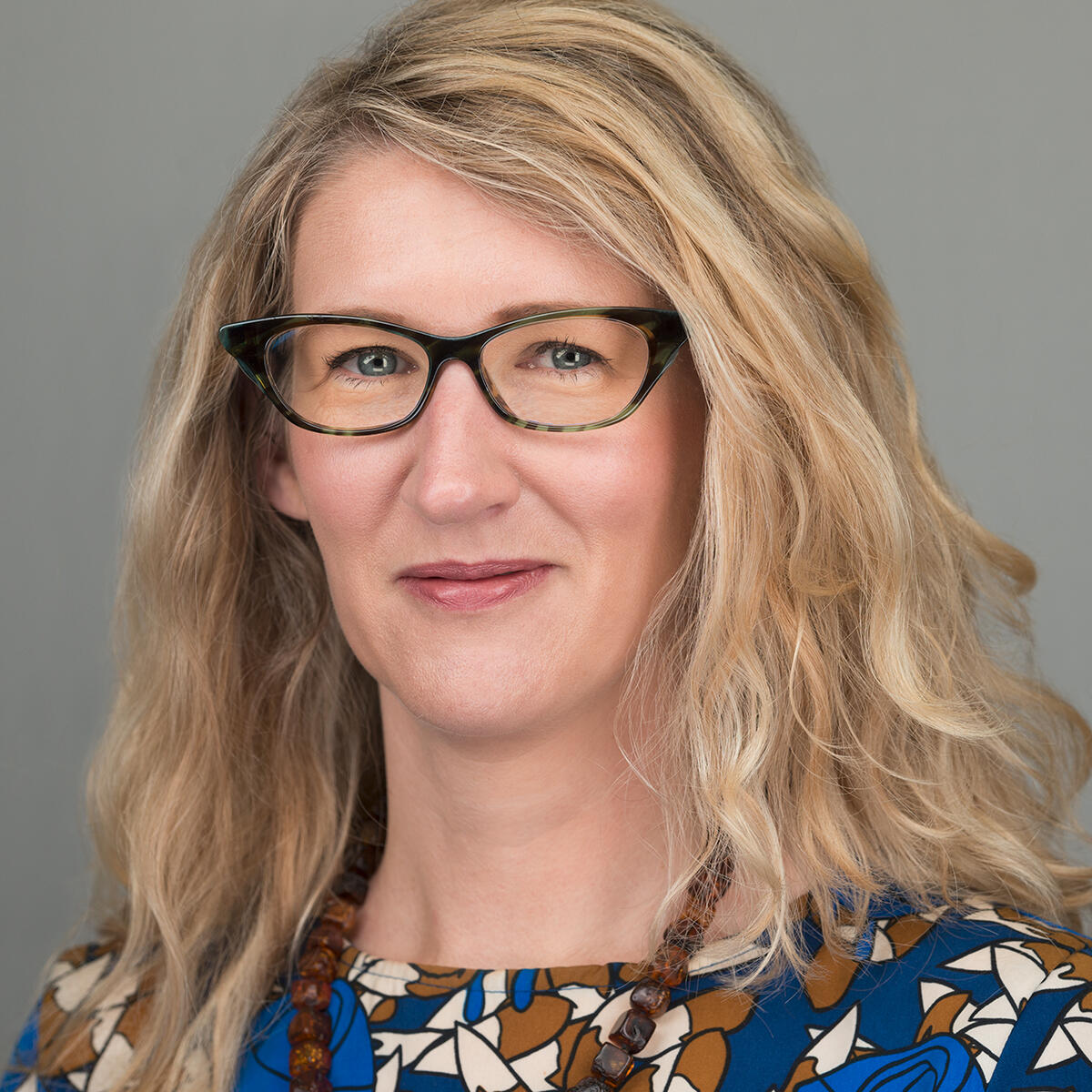
It can be easy when you're a younger woman to look up to older women and think they've got it all sorted but actually I think it can get harder as you get more senior. I think it is important that we can all recognise the challenges women face at every stage of their lives try to support each other at each of these stages.
By collaborating and addressing gender stereotypes and barriers that hold us back, we can make career progression easier for the next generation of women and people of all genders. I think there are real benefits to everyone to taking this approach; from a business perspective, embracing equality gives an organisation the opportunity to benefit from everybody’s talents.
My own academic discipline is health economics. I started out with a passion for pure economics and macroeconomics. When I first started my PhD at LSTM, I was co-supervised by a professor of health economics from a different university. I attended my first big conference and was excited to see lots of impressive, high-profile female professors of health economics there. I asked my supervisor, why are so many health economists women? He said because ‘health economics is easy’. It was the late 90s…I had returned to Liverpool with a spring in my step but was completely deflated by that comment.
Whilst things have improved, there is still a gap in representation of women in global health and health economics, especially from the continent of Africa, in my discipline, so there is room for a lot of progress. There is a high demand for health economists and if you're good there are lots of jobs and opportunities. Women should be able to benefit from these opportunities, equally, and they don’t really, not yet. Economics has been a male-dominated discipline, historically, and it is also not a very well signposted career. It is really challenging to break into an area where there is a lack of awareness and a lack of representation, and this issue is magnified for women for different of ethnic backgrounds.
Additionally, people think economics is all about numbers and money but actually economics is about decision making and changing things and women are brilliant at making decisions and optimising resources. When I'm teaching health economics, I always say we're all economists. You all go into a shop and decide what to buy, that is being an economist. Women are often driven by altruism, the need to change things and make a difference. I think health economics brings those two things together.
Mentoring has a great role to play in how we support each other and raise each other up. Whilst I have never received formal mentoring I have a network of mainly female people who I look up to and admire. They are people I can discuss things with and look to for inspiration. That network of women is really, really important to catch you when you're down and to celebrate your successes.
I've also never been a formal mentor to anyone but I know people come to me for that as well. So for me, it's always been informal but very valuable. The more senior you get, you realise you have some positional power and people are looking up to you. I am aware of my power and privilege and the need to not exploit it. Sometimes I find the narrative around role modelling a really delicate challenge. You can be trying to role model things like patience, tolerance, and kindness, at times when you are busy, overworked and stressed. Women are judged more harshly in this area than men so it is a balance between working with those values, whilst being able to make decisions that need making, and not getting too defined by role modelling. It is a juggle.
My recent work on the Athena Swan Silver Award has been really important to me. I think our success with Athena Swan evidences a willingness to make changes and embrace equity at LSTM - a political will to move forward on the equity agenda. For LSTM, there were two areas of intersectional equality that made sense for us to focus on. Given that we work predominantly in and with African partners, it made sense for us to look at the intersection between gender and ethnicity. In our Athena Swan application, we were able to evidence that we’d grasped these challenges. combined with the quantitative work we did for Athena Swan, it helped lay the groundwork for how we tackle the anti-racist agenda with an intersectional lens.
In terms of gender and non-binary, we are currently working to change our staff database systems in a way that allows us to still meet UK tax requireme which only recognise two genders, but also allows people to self-identify their gender (or opt out). There are a lot of complicated moving parts but we were able to evidence, in the silver submission, that we'd understood this complexity and set a timeline for moving towards.
There are some really tangible things in our five-year plan for Athena Swan, which look at career development opportunities, coaching, and mentoring for high potential women. We’re putting intersectionality front and centre and bringing together the race equity agenda and the Athena Swan plan, with a focus on women of colour.
Our aim is to become a beacon of equity, which is what you need to be to get a Gold Athena Swan award, so people in the sector begin to look to LSTM for the best ideas and policies in the future.